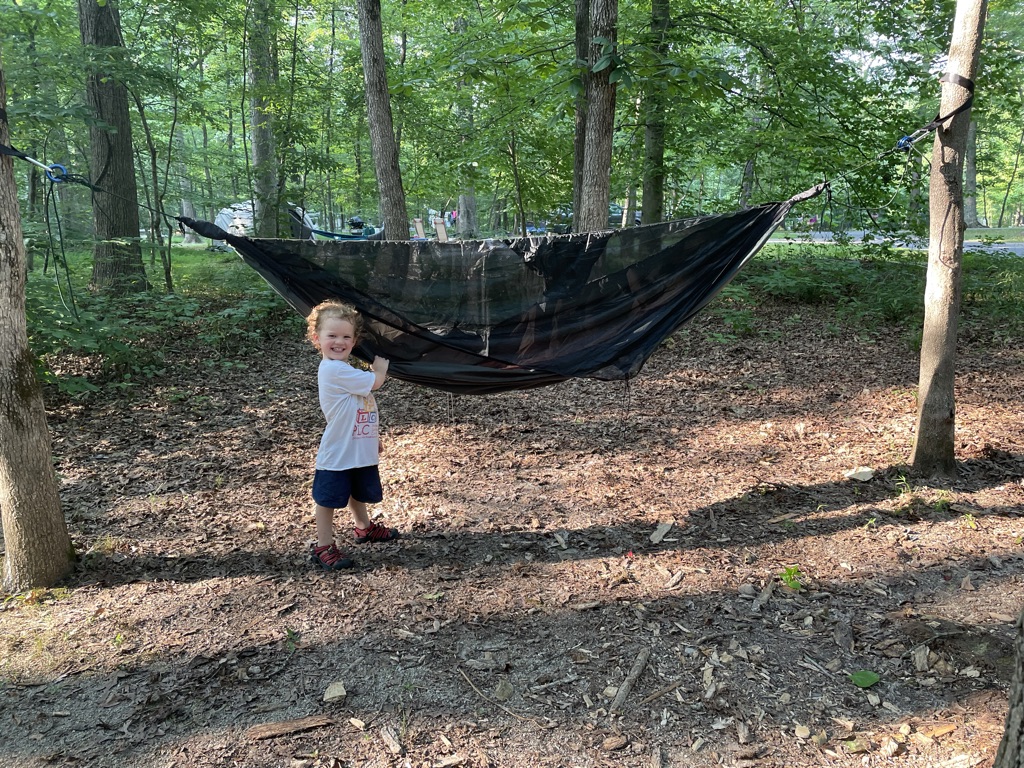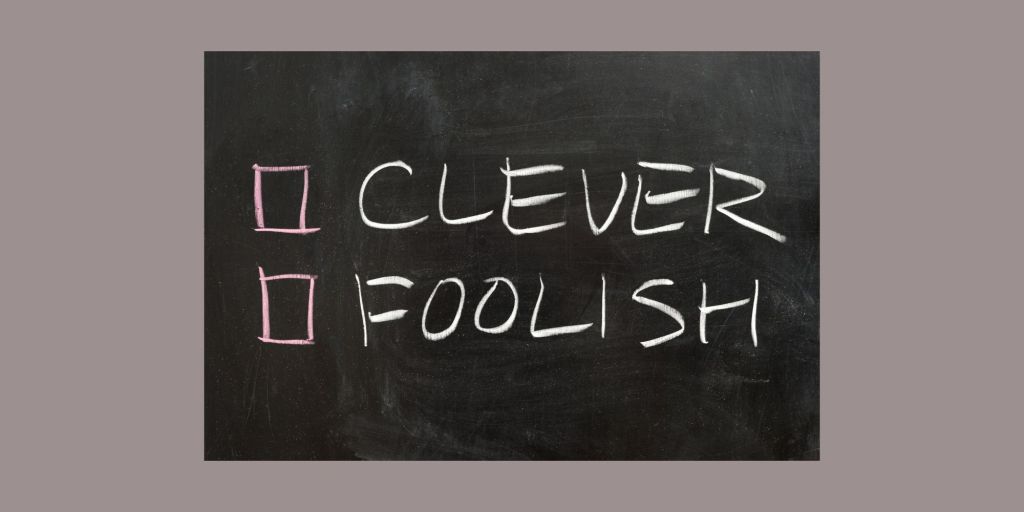1 Now thank we all our God with heart and hands and voices, who wondrous things has done, in whom his world rejoices; who from our mothers' arms has blessed us on our way with countless gifts of love, and still is ours today. 2 O may this bounteous God through all our life be near us, with ever joyful hearts and blessed peace to cheer us, to keep us in his grace, and guide us when perplexed, and free us from all ills of this world in the next. 3 All praise and thanks to God the Father now be given, the Son and Spirit blest, who reign in highest heaven the one eternal God, whom heaven and earth adore; for thus it was, is now, and shall be evermore.
As an organist, I’m virtually guaranteed to loooooooove the old German Protestant goodies, like this choral tune, Nun danket alle Gott. Johann Sebastian Bach only wrote one setting of it for the organ, so organists just took the setting from the cantata and transcribed it for organ:
Temporal aspects of gratitude and thanksgiving strike me in this hymn. Verse one talks about gratefulness for blessings in the the past and the present. Verse two is really about hope and thankfulness there for future blessings, both near future and far future (“in this world and the next”). Verse three is the natural response emanating out of the deep gratitude evoked in the first two verses. It’s simply a doxology. In the Christian tradition, all good gifts come from God, and when we look around and recognize that truth, the natural response is thanksgiving. It’s not some sort of quid pro quo; God doesn’t bless us because we praise God, and we don’t praise God in order to get blessings. Author Diana Butler Bass, in her book Grateful: The Transformative Power of Giving Thanks goes into wonderful exegetical discussion of Jesus’ take on gratitude and thanksgiving. I can only commend it to you if you find yourself wanting more from my discussion here; I can’t get into the meat of it all. Suffice to say, this hymn is a concise and beautiful example of how to give thanks and how true gratitude touches the one giving thanks.
Obviously, a few things have changed since this hymn text and tune were written. Nowadays, we have authors, doctors, psychologists, spiritual leaders, and social commentators discussing gratefulness, comparing it to gratitude, and writing papers on all the differences living a gratitude-filled or grateful or thankful life will have on the person making thanksgiving a consistent practice. I think that’s great. I think it’s really neat that scientists can measure our heartrate and neurotransmitters and overall health and declare grateful living to be healthy living. Just this morning, I heard Shankar Vedantam in a radio interview discuss, among other things, the necessity of a psychologically healthy view and practice of gratitude and grateful living, even now during a worldwide pandemic. We can know the why about these things without necessarily knowing the how. But God has been giving us the how for generations upon generations. This next Sunday begins Advent, and every Advent, I enjoy a good setting of the Magnificat, another wonderful exclamation of thanksgiving and praise (so stay tuned in the upcoming weeks 😆 🙂 ). I also know from experience that we can say something is good till we’re passed out from lack of oxygen, but until people experience something as good, all these efforts are in vain. Although I set out on this mini-season of thanksgiving having read the reasons why it’s good to be thankful, I still got a lot out of actively searching out the feeling as well. A few weeks ago, my husband, son, and I went to a nearby National Park. Thinking back on the moments I stopped, closed my eyes, and felt the glory of the company and surroundings is still giving me gratitude boosts. Kind of like in verse one of our hymn, ‘wondrous things has done… and still is ours today.’ I have sung that hymn for years, but right now, I can really feel how my small moments of awareness and immediate gratitude in the past can permeate and improve my present.
2020 as a year has been rather short on joy, or at least the kind that you don’t have to work hard for. I used to think that if you had to work at joy or enjoyment, you were lying to yourself and being willfully blind. I thought it was an easy way out. Now, though, I see how much harder it is to do the inner work necessary of dealing with one’s troubles in order to find genuine thanksgiving and, ultimately, joy. Brother David Steindl-Rast is famously associated with bringing home this association of thankfulness and joy. I need to remember this quote so much:
“The root of joy is gratefulness…It is not joy that makes us grateful; it is gratitude that makes us joyful.”
David steindl-Rast
Unfortunately, we don’t get to skip over dealing with our baggage to feel genuine gratefulness. As a parent, this is so important to me because I want to teach my son how to be aware of his blessings and thankful for them. And especially I want to teach him to be open to joy. As a Christian, this all ultimately leads me back to God. Back to being open to the coming joy into our world this Christmas season. For the parents reading this blog for bits on how to make music more applicable, I think the first task is to really look at what you’re thankful for in your relationship to your children, and to model that to them. Help them learn gratitude by singing this music, but also by modeling grateful living. Which is, unfortunately, a much taller order than simply teaching them this music and checking that job off your list. But… It’s not wrong to simply go through the motions and fail at feeling grateful right now. Life is really, really hard right now. Economic anxiety, social anxiety, health anxiety, anxiety anxiety (it’s a thing). Parents in my school district are back to distance learning because the infection rate is climbing again. We’d been enjoying short, masked, visits to the libraries to pick out new books and simply SEE SOMETHING DIFFERENT. But the libraries are closed back down for now. Even if all you can do is sing a song about thanksgiving without really feeling it right now, that’s ok. It’s still a seed you’re planting… in yourself. We will find a way out of this. You can do hard things.
Lord, teach me to count my blessings so that when I feel so desolate, so abandoned by everything and everyone, I have a repertoire of gratitude to fall on. Amen.




Leave a comment